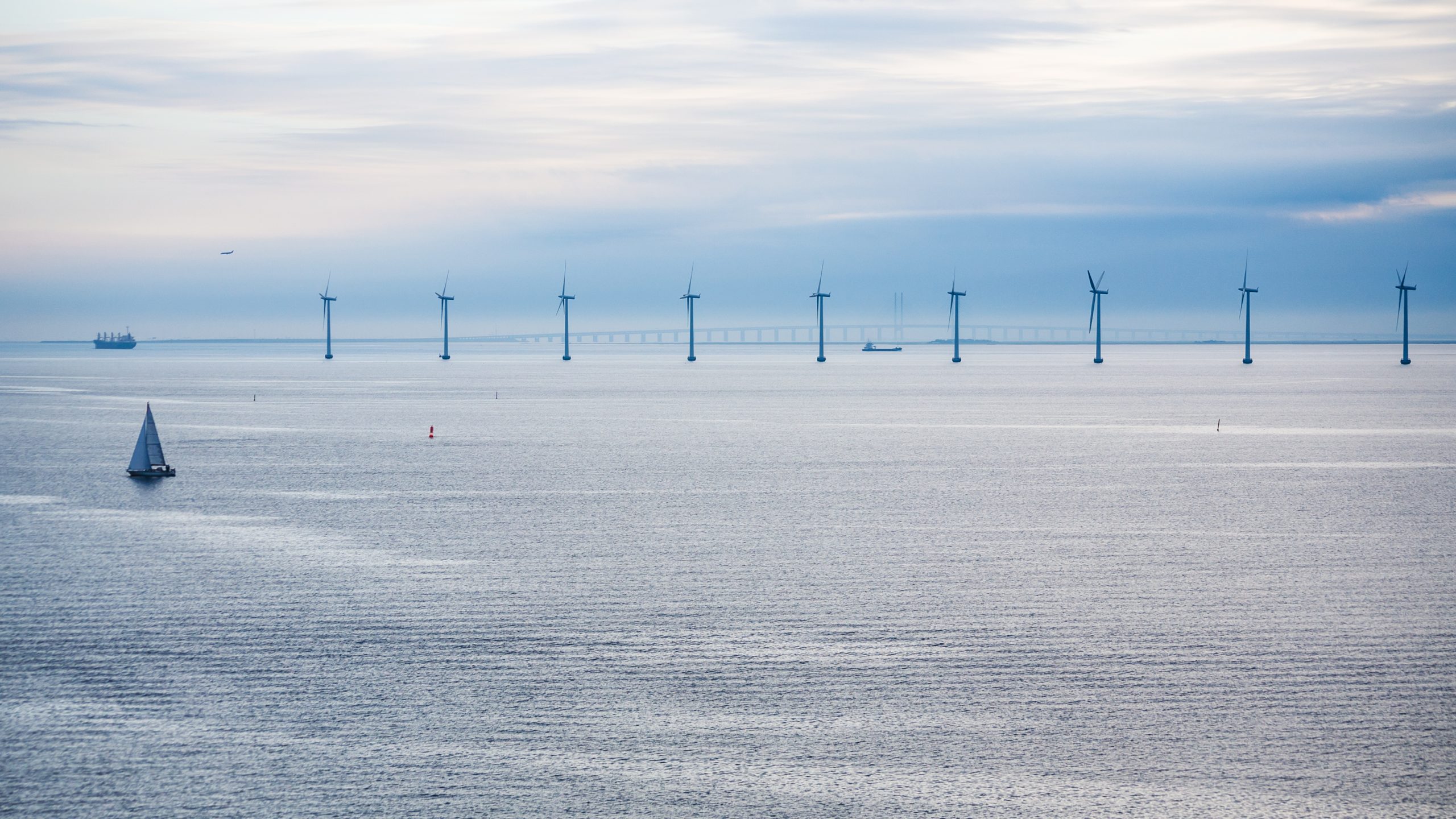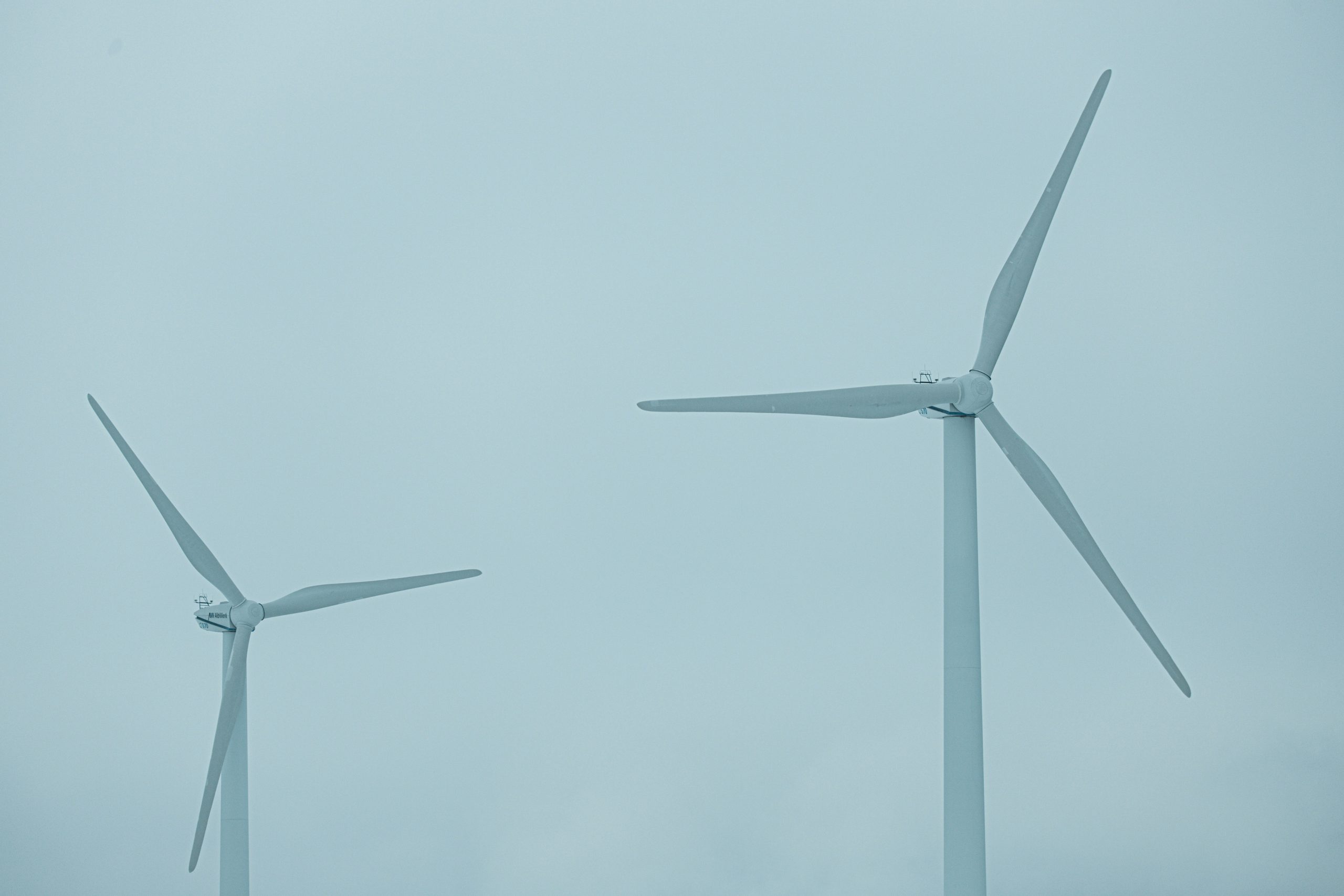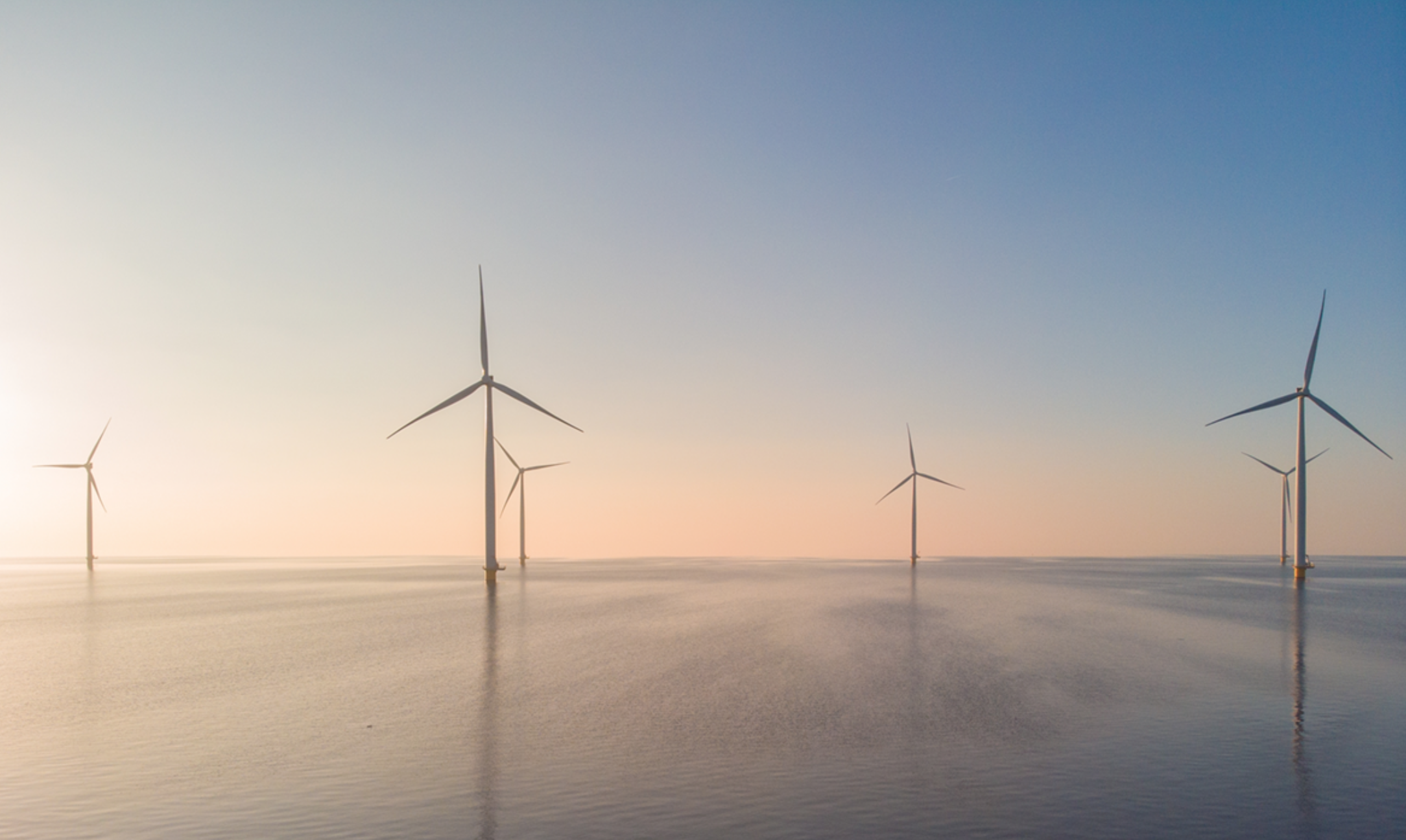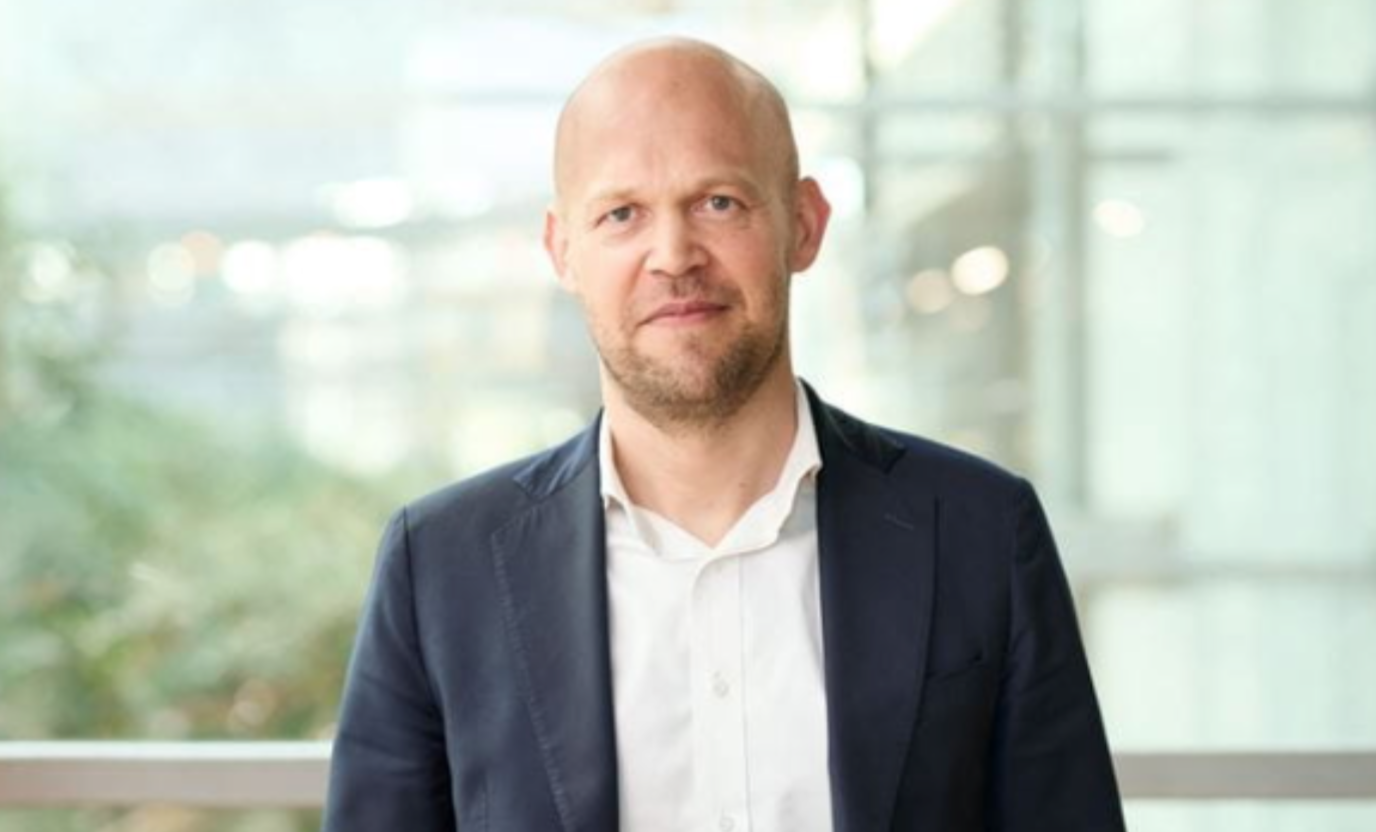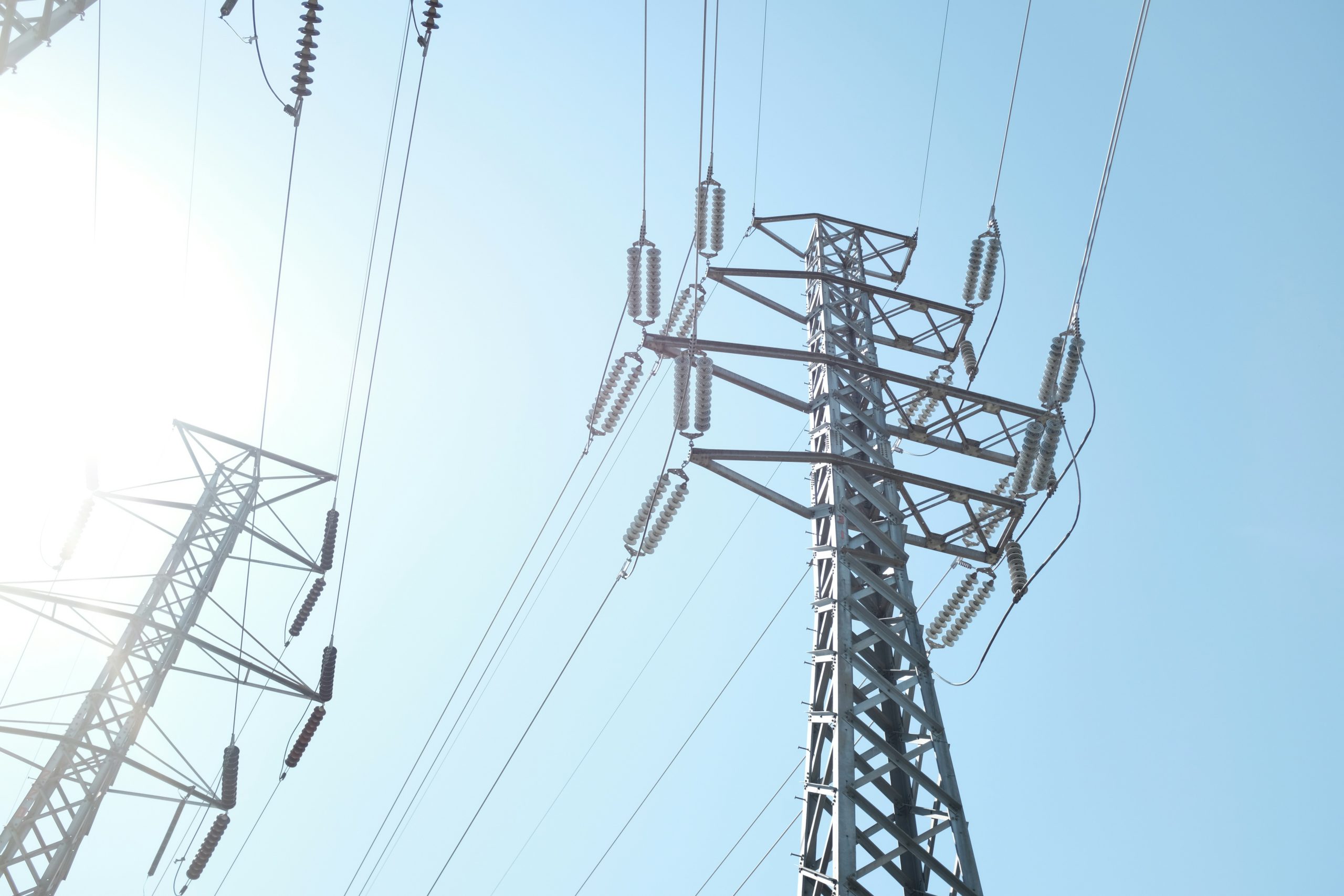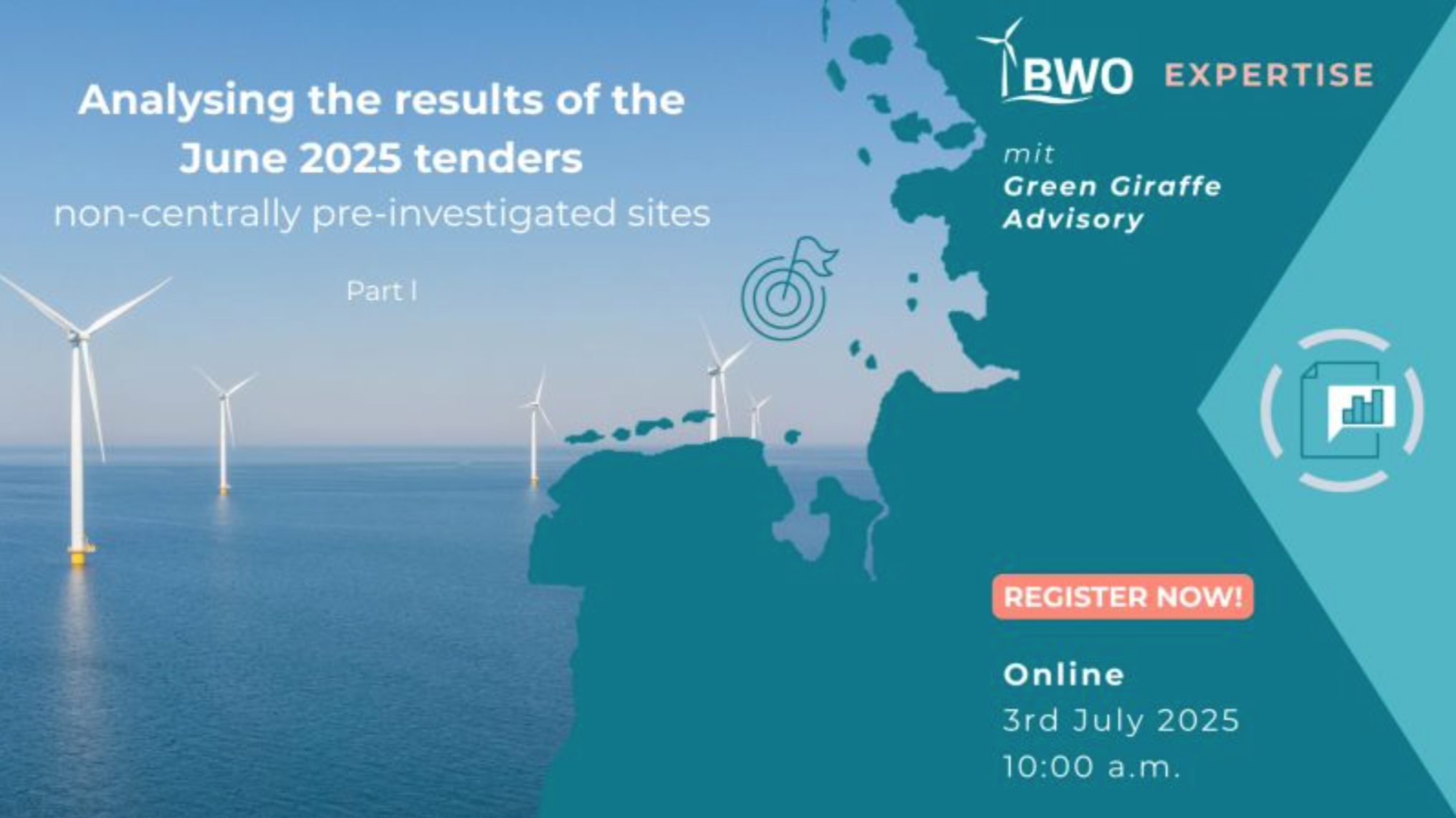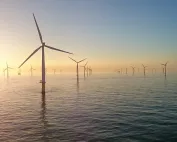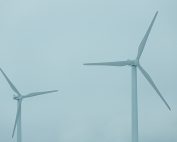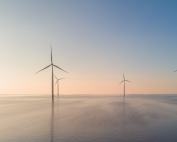Agreement on Denmark’s Marine Plan strengthens nature protection of the sea, the development of renewable energy and more sustainable development of fisheries.
In a time marked by increased global tensions, the need for a green transition, protection of nature and development of the fishing industry, the government, together with all the parties in the Parliament, has entered into an agreement on Denmark’s Marine Plan.
Nature protection and biodiversity are central elements in the agreement on Denmark’s Marine Plan. The proportion of strictly protected areas at sea will gradually increase to 8 per cent. of the sea area in 2028 and 10 per cent strict protection in 2030. With the agreement, Denmark will live up to the 2030 objective in the EU’s marine biodiversity strategy.
The parties to the agreement i.a. agreed to double the outlay in the marine plan for renewable energy and energy islands. This means that approx. 30 per cent of the sea area in the marine plan will be dedicated to renewable energy. This will enable a comprehensive expansion of renewable energy in the Danish sea area and play a decisive role in the green transition. At the same time, it can contribute to making Denmark and Europe independent of fossil energy.
In addition, DKK 75 million is set aside in the agreement. DKK to support the sustainable development of the Danish fishing industry, including the promotion of new technology and better interaction between the environment and nature.
Business Minister Morten Bødskov states:
“It is a good day for our seas. The agreement on Denmark’s Marine Plan is proof that significant expansion of renewable energy, strengthened protection of the sea and consideration for the fishing industry can go hand in hand. The agreement will strengthen Denmark’s position as a leading nation in green energy production and the protection of the marine environment. I would like to thank the parties in the Danish Parliament for their cooperation. Together, we have now strengthened the protection of marine nature, secured the basis for more renewable energy and strengthened the fishing industry’s opportunities for a more sustainable transition.”The Minister for Climate, Energy and Supply, Lars Aagaard, states:
“Denmark, with its attractive sea areas, must be a green power plant in Europe that contributes to climate goals, security of supply and independence from fossil fuels. This requires a massive expansion of offshore wind. Last week we laid the framework for the largest offshore wind tender in Denmark’s history, today we have entered into a broad offshore plan agreement that ensures that we have room for even more renewable energy – and the next step is work with energy parks on land and expansion of offshore wind in the North Sea. “The Minister of the Environment, Magnus Heunicke, states:
“I am very proud that Denmark now achieves over 30 percent of protected marine areas and 6 percent of strictly protected seas. At the same time, we have agreed on a target of 10 percent strictly protected seas by 2030. This is a significant increase, especially in our strictly protected marine areas, and our stressed marine nature badly needs it. From the lobster to the porpoise, we are now giving the sea’s species and nature better conditions. With the agreement, we also want to reduce the area for raw material extraction. We must have the Danish marine areas back in good condition, and this is a big step in this direction.”Minister for Food, Agriculture and Fisheries, Jacob Jensen, states:
“I am pleased that today we can present a marine plan that both supports a green and sustainable development of the Danish fishing industry and ensures more wind energy and better nature protection. Fishing is crucial for creating both growth and jobs in the coastal areas. Therefore, we have allocated DKK 75 million to support the development of fishing. At the same time, we agree that the fishermen must sit at the table when planning, e.g. offshore wind farms or other activities in the sea area for the next 10 years.”Business spokesperson for the Social Democrats, Mette Reissmann:
“It is an important agreement which very concretely ensures the balance between the necessary and gratifying expansion of offshore wind farms and the protection of nature and fisheries. The Social Democrats want a sea of balance. What we have agreed on is a decisive step towards making Europe self-sufficient in energy. And in such a big step forward, it is an important priority for me that the balance is in order, and we ensure that, for example, by adopting the goal of more than doubling the area of strictly protected marine areas, while at the same time supporting sustainable fishing and helps the fishermen who may end up not being able to fish where they usually do.”Business spokesman for Venstre, Hans Andersen:
“Venstre makes a difference. We are very satisfied that we have reached an agreement that ensures both a doubling of the area for offshore wind and far more natural protection of the marine environment. At the same time, we ensure space for fishing, just like we secure area for defence activities, recreational activities, sailing etc. We make a difference so that in the future we ensure the wisest use of the sea area, where there will be more space for a better marine environment”Business, food and environment spokesperson for the Moderates, Charlotte Bagge Hansen:
“With today’s broad agreement on Denmark’s marine plan, we are taking an important step towards ensuring coexistence at sea between nature, the development of renewable energy, defense activities, maritime transport – and not least the fishing industry, which is an important part of our food production. It is an agreement we can be proud of.”Marine environment spokesperson for the Socialist People’s Party, Marianne Bigum:
“I am happy about the agreement, because with the agreement we will get 10 per cent of strictly protected nature in 2030, and that from now on there will be a ban on the bottom-trailing gear in Vejle Fjord, Flensburg Fjord and Kalø Vig. It is a start and a breather that our marine nature needs. At the same time, we get ongoing improvements in the level of protection in the generally protected areas in step with the necessary mapping of marine nature, so that we get the right protection for our marine nature, cf. e.g. The EU Commission’s initiatives in the area and the marine strategy directive. In addition, we are pleased that with the agreement we have a number of initiatives on raw material extraction at sea, disposal of contaminated sludge in the marine environment, and contaminated wastewater to the sea.”Business spokesperson for the Danish Democrats, Betina Kastbjerg:
“It is in the DNA of the Danish Democrats that we care about Production Denmark and life outside the big cities. Here, fishing and its many ancillary industries play a decisive role. We are therefore satisfied that with the marine plan, we have ensured that the fishing industry will also have the right framework conditions going forward. The fishing industry creates life and jobs in the parts of Denmark where there is a need to take care of business. That is why it has been a priority for us to protect the fishing industry and we are happy to have succeeded in that.”Business spokesman for the Liberal Alliance Lars-Christian Brask:
“The sea plan agreement (planning law for the sea around Denmark) is my first agreement as rapporteur. The minister (and eventually the ministers) have negotiated pragmatically and authoritatively with good help from skilled officials, where we in LA have been accommodated and heard. We have got a balanced, fair and reasonable overall agreement in place. It is an agreement that still gives us all room to learn before the final lines are drawn (within the agreed framework. Within the agreed time). It is an agreement that is good and fair for Denmark’s environment, climate, nature, security of supply, fishing industry and wildlife. The military, raw material extraction and sailing also had to be taken into account, so not a completely trivial and simple plan. Balance and many considerations, which in my view have been successful.”Business spokesperson for the Conservative People’s Party, Mona Juul:
“Denmark needs more protected nature. That is why we are very satisfied that we now get 10 percent of strictly protected nature in 2030 in the marine plan. Difficult balances have been found in the agreement so that there is room for nature, fishing, defence and offshore wind. These are all important areas. It has also been important that the marine plan is discussed on an ongoing basis so that it becomes possible to reach the goal of a marine plan that also those who use the areas of the sea on a daily basis can see themselves in. Finally, it is central for the Conservative People’s Party to point out, that the open-door scheme is restored in accordance with current legislation so that profitable offshore wind projects can be realised. The sea plan does not change that!”Energy and supply rapporteur and agriculture, food and fisheries rapporteur for Enhedslisten, Søren Egge Rasmussen:
“The marine plan ensures larger areas with more protected marine nature, and it is a small step forward. But the marine plan will not work until Denmark reduces the catastrophic nitrogen pollution in agriculture and meets the EU’s water framework directive. Transitioning to sustainable fishing without bottom-drag gear is important, but fish stocks must be restored in a cleaner sea. That is why Enhedslisten will continue to fight in other agreements to ensure more restoration of nature in the sea.”Business spokesman for Radikale Venstre, Katrine Robsøe:
“Most of us have seen the frightening pictures of how challenged large parts of our marine environment are. With this agreement, we are taking a good step in the right direction, and I am of course particularly happy that we will secure 10 per cent. strictly protected marine area in 2030 for the benefit of our nature and future generations.”Business spokesman for the Danish People’s Party, Nick Zimmermann:
“For the Danish People’s Party, it has been important that the agreement specifies that the expansion of offshore wind turbines must take into account the coastal marine environment. Fortunately, we have succeeded, so we ensure that Danes avoid coastal offshore wind turbines to the greatest extent possible. We are also very satisfied that it is written into the agreement that the fishing industry must be involved and compensated if the fishermen are financially affected by the marine plan. Finally, we are pleased that the other parties have joined our wish that the plan should both secure existing jobs within the oil and gas industry in the North Sea as well as create good framework conditions for the further development of both oil and gas, renewable energy and CO2 storage”.Business spokesman for Alternativet, Sascha Faxe:
“Alternative’s business spokesperson is happy to have secured less raw material extraction and at the same time investigate the possibility of banning dredging in Køge as well as investigations of e.g. sand suction holes. The alternative has ambitions that far exceed the agreement, but we are happy to be involved and be able to influence the future.”Business spokesperson for Nye Borgerlige, Pernille Vermund:
“At Nye Borgerlige, we are very happy that the agreement ensures a ban on trawling in Flensburg Fjord, Vejle Fjord and Kalø Vig, and that in good cooperation with the opposition, we have gotten the government to agree that as much as 10 percent of the protected nature at sea must be strictly protected. It has also been decisive for us at Nye Borgerlige that the agreement secures a large pool of millions for compensation or conversion to sustainable fishing for the fishermen who are affected by the new nature protection. We have a completely unique marine environment in Denmark. We have an obligation to look after life in the sea – and our Danish fisheries.”
Source: Danish Ministry of Industry, Business and Financial Affairs
